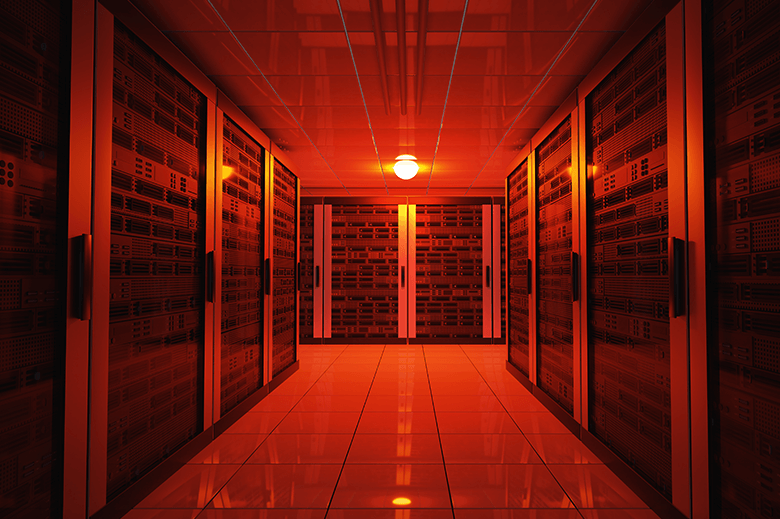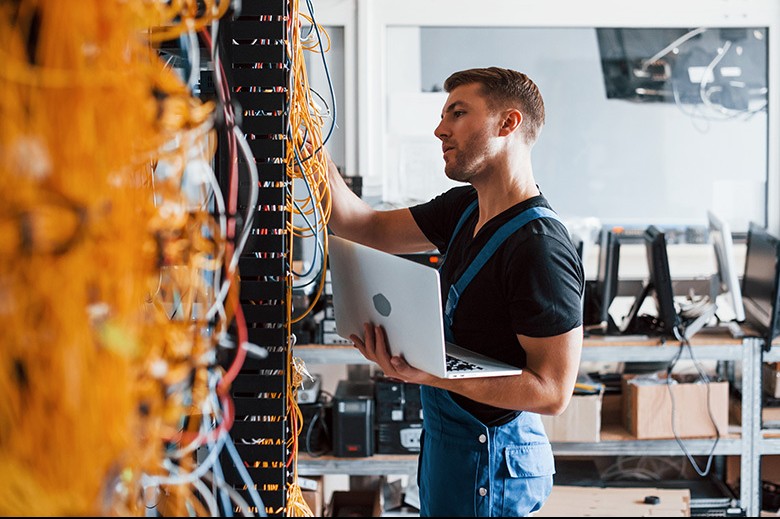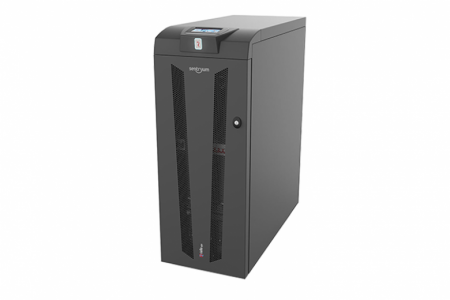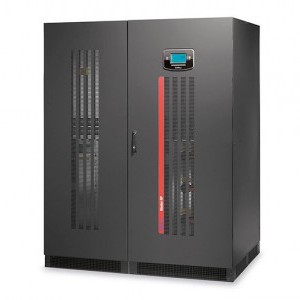News
Do you know the difference between a single phase and three phase UPS?
Single-phase and three-phase electricity are different in how they distribute power, with three-phase offering a higher power capacity and a more stable, continuous current. Single-phase is commonly used in homes and small businesses for standard appliances, while three-phase is more suitable for industrial and commercial settings with large equipment, like motors.
Single-phase uses one phase (one live wire), while three-phase uses three phases (three live wires). Three-phase systems offer significantly higher power capacity, making them suitable for heavy loads.
Three-phase power provides a more consistent and reliable current compared to single-phase. Single-phase is common for residential homes and smaller commercial buildings, while three-phase is used in larger commercial, industrial, and data centre facilities where large equipment and motors are required.
A UPS sits between your power source and your electrical equipment to prevent power quality problems. This including sags, surges, spikes and noise causing damage to equipment and data. However, this is not a ‘one size fits all’ piece of equipment - when investing in a UPS for your business, it’s important to understand which product is best suited to your power supply needs to adequately protect your important equipment.
Choosing a UPS will require you to know whether you need a single phase or three phase system. Selecting a single phase or three phase UPS all depends on the power needs of your applications, as well as what power source the equipment is connected to.
The basic rule of thumb is that a 3 phase supply can deliver more electrical power than a single phase supply. Therefore, larger industrial size businesses will more often than not need the 3 phase, whilst small businesses will usually opt for the single phase.
Single phase UPS
A single phase system refers to the use of a single input source and a single output source to electrical equipment providing a 1:1 ratio.
Single phase supplies are used to operate smaller installations such as rack-mounted servers, telecoms, network switches, computer systems or any device running from a standard three-pin UK plugor a building which only has a single phase supply – making them perfect for small businesses!
If a power protection product is described as single phase, it means they protect or pass power with a single AC waveform and will typically cover requirements up to 20kVA.
Three phase UPS
Three phase UPS systems are usually used in businesses that require a greater amount of power to be supplied to critical loads such as data centers, medical theatres and large scale industrial units and a three phase supply is often required for equipment with motors; such as lifts, pumps and fans.
A three phase electrical supply is a combination of three single phase supplies with a neutral connection, with their wavelength connected at 120° phase rotation between them. Three phase power is delivered to the service entrance of a building from the electrical supply and then split into three individual single phases and delivered to the electrical equipment as required, or directly to any three phase equipment.
A popularly used analogy for picturing the difference between the phases is to imagine a rowing boat team of three compared to a one-person team. In the three-person team there is always at least one oar in the water at any one time, providing constant power to the rowing boat.
If you are unsure of what type of UPS your business requires, you can discuss your requirements with one of our UPS experts! Alternatively email us at [email protected] or contact us directly on 01264 351415.
Adept Power Solutions are one of the UK’s leading uninterruptible power supply providers, with a dedicated technical team and in-house team of engineers with the skills, knowledge and know-how to support with all types of power protection problems.
Discover More

A power failure, also known as a power cut, power outage or blackout, is a short or long term loss of electric power to an area. It can affect a single house, a building or an entire city.
Learn More
UPS sizing is a critical aspect to understanding and guaranteeing your equipment’s protection. Let Adept Power Solution help.
Learn More
Our UPS maintenance solutions go beyond routine checks, offering tailored plans and quality replacements.
Learn More
